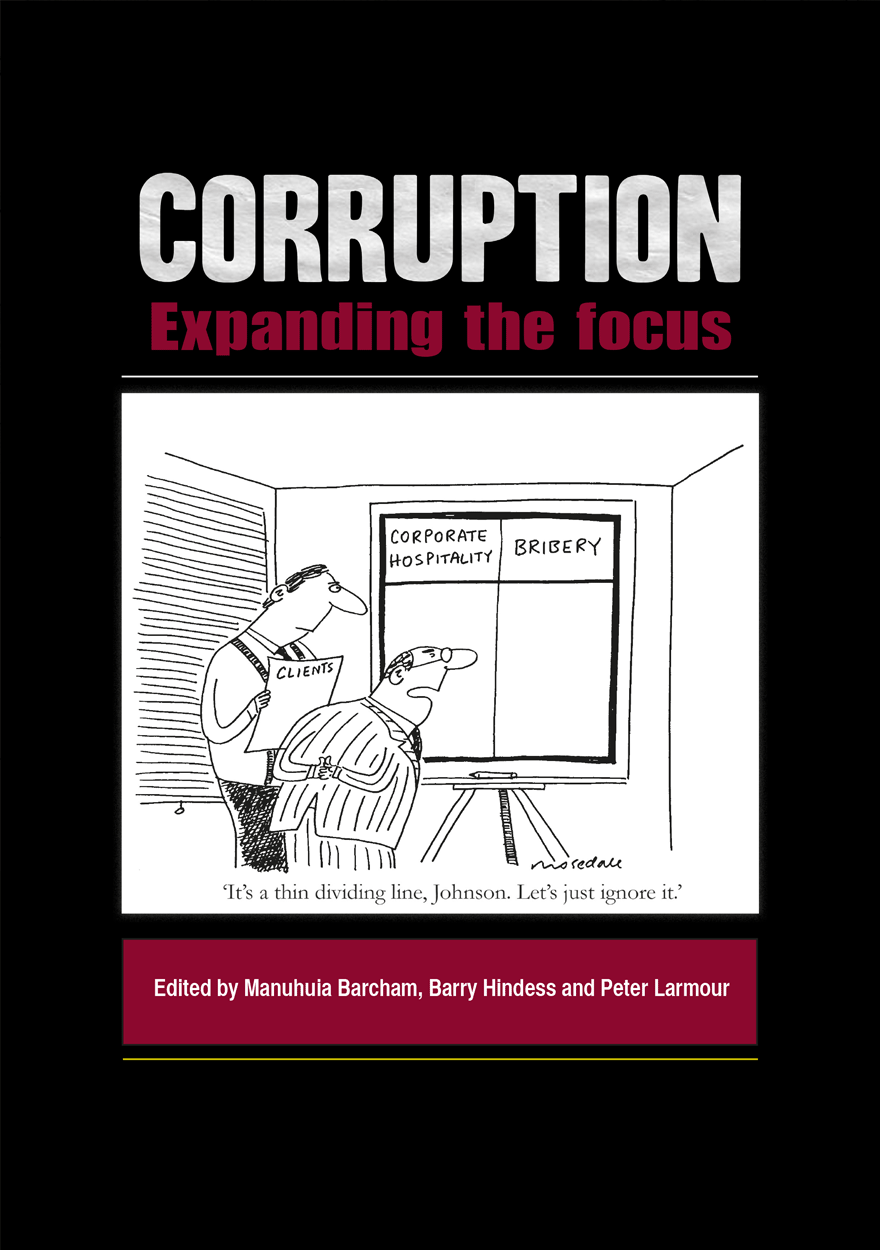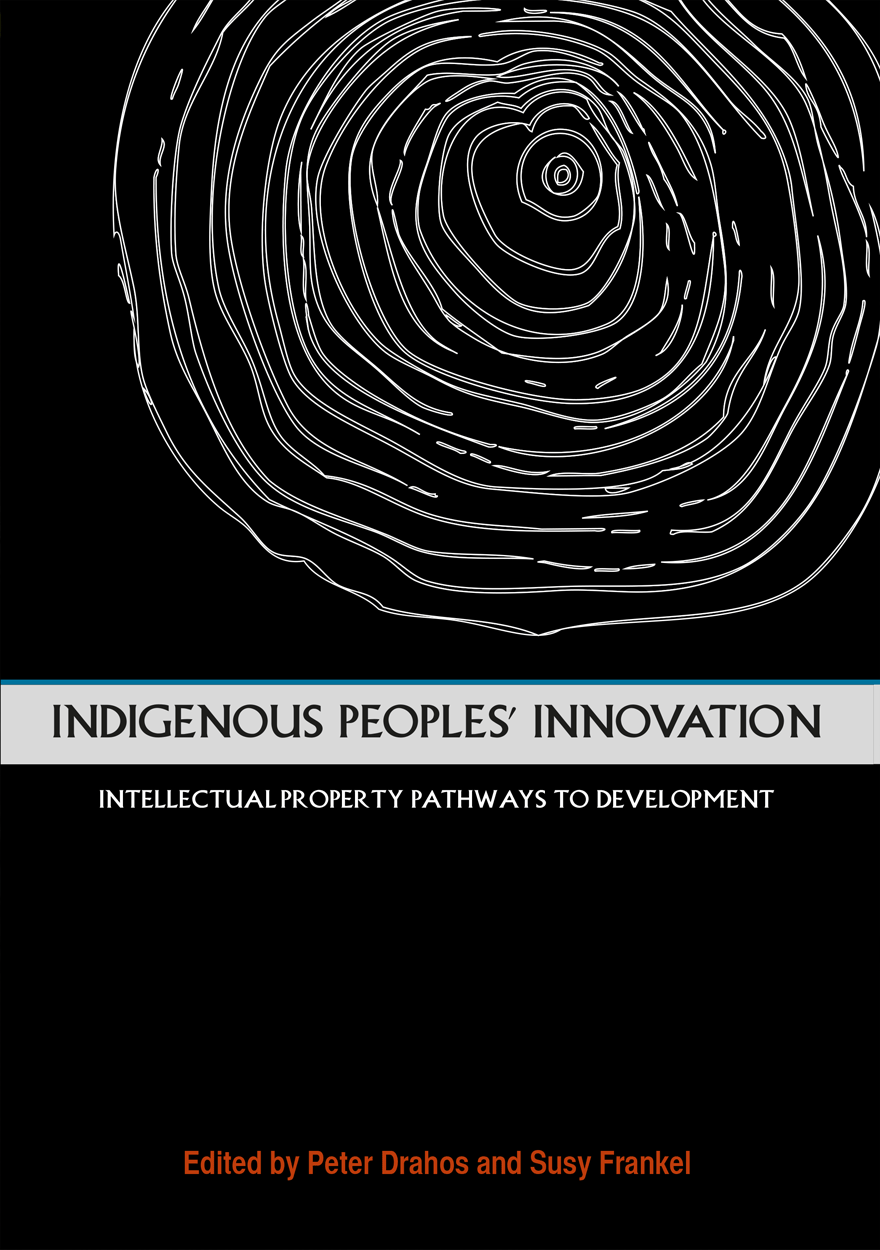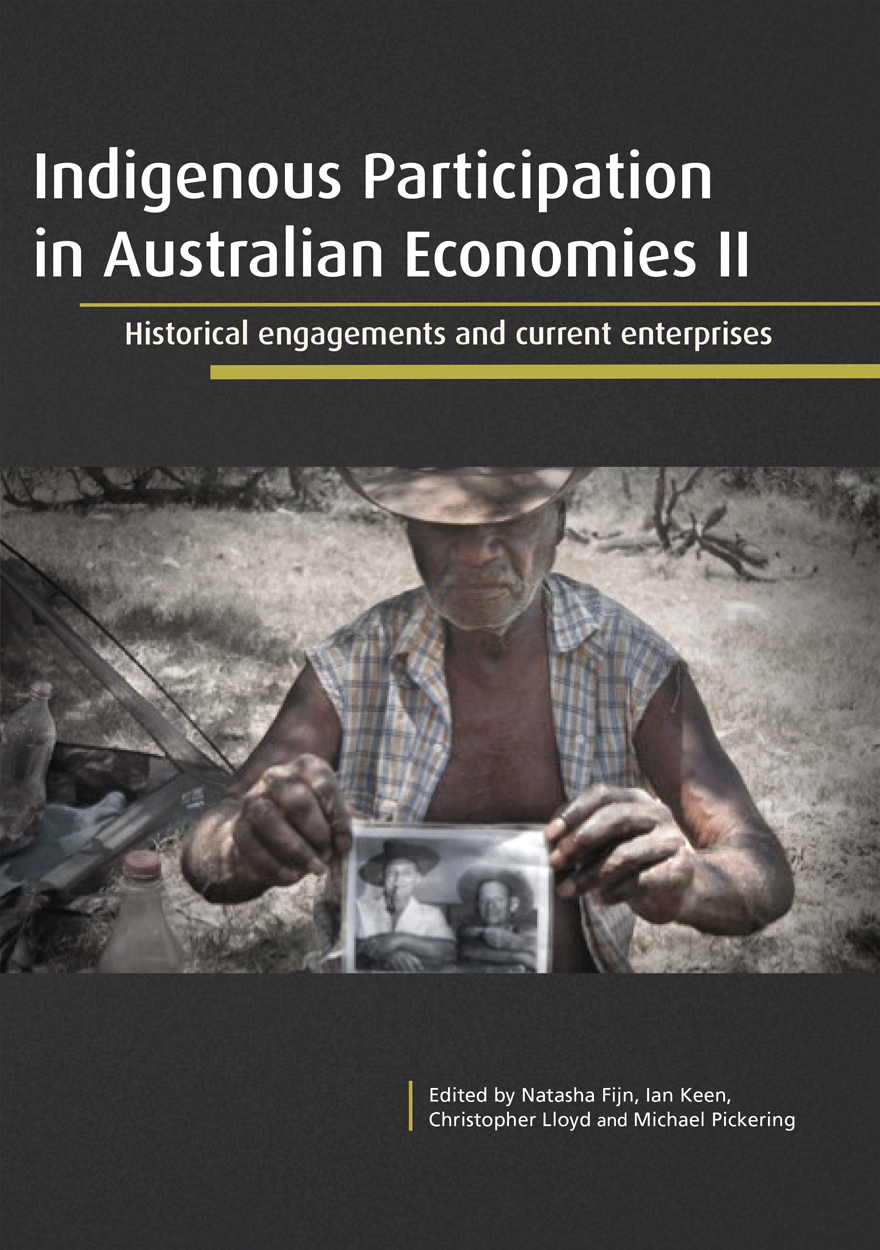Search titles
Displaying results 191 to 200 of 358.

Intersections »
History, Memory, Discipline
Authored by: Brij V. Lal
Publication date: November 2012
“A wonderfully rich, insightful and personally touching collection of essays by the Pacific region’s most prolific and engaging historian. Brij Lal writes eloquently and poetically about his professional and political journeys, and the many different people and worlds he has encountered on the way. Readers will be inspired by this collective account of a courageous life committed to the achievement of democratic freedom and social justice. What shines through these pages is Lal’s love of and commitment to Fiji, from which he has been painfully exiled.”
— David Hanlon, Professor of History & Former Director of the Center for Pacific Islands Studies, University of Hawaii at Manoa.
“Intersections is a compilation of Brij Lal’s essays where academic knowledge combines with life world experience. The voice behind these essays is always courageous and the writing itself indicative of a highly disciplined mind. Read this book with an open mind as Lal explores with sensitivity a country he loves intensely and as he reminisces on the vocation of a scholar. Savour the book’s historical insights, enter into its subaltern worlds, debate and challenge its findings, and in that moment of engagement shed a tear for a country which has lost its memory.”
— Vijay Mishra, Professor of English, Murdoch University
“Brij Lal is a master craftsman and all his skills are on display in this fascinating work which blends autobiography with social, political and historical analysis to produce a work of impeccable scholarship. Lal emerges as much more than a historian as he reflects on the discipline of History, the changing nature of academic life, the challenges of the Indian diaspora, indenture and his travels. He may be banned from his homeland, but somehow one gets the impression that his influence is alive in Fiji, his adopted Australia and across the world. True to his indentured roots, he is still digging, still writing, and still making history.”
— Goolam Vahed, Associate Professor of History, University of KwaZulu-Natal

Situating Women »
Gender Politics and Circumstance in Fiji
Authored by: Nicole George
Publication date: November 2012
Since the time of decolonisation in Fiji, women’s organisations have navigated a complex political terrain. While they have stayed true to the aim of advancing women’s status, their work has been buffeted by national political upheavals and changing global and regional directions in development policy-making. This book documents how women activists have understood and responded to these challenges. It is the first book to write women into Fiji’s postcolonial history, providing a detailed historical account of that country’s gender politics across four tumultuous decades. It is also the first to examine the ‘situated’ nature of gender advocacy in the Pacific Islands more broadly. It does this by analysing trends in activity, from women’s radical and provocative activism of the 1960s to a more self-evaluative and reflexive mood of engagement in later decades, showing how interplaying global and local factors can shape women’s understandings of gender justice and their pursuit of that goal.

Agenda - A Journal of Policy Analysis and Reform: Volume 19, Number 2, 2012 »
Edited by: William Coleman
Publication date: November 2012
Agenda is a refereed, ECONLIT-indexed and RePEc-listed journal of the College of Business and Economics, The Australian National University. Launched in 1994, Agenda provides a forum for debate on public policy, mainly (but not exclusively) in Australia and New Zealand. It deals largely with economic issues but gives space to social and legal policy and also to the moral and philosophical foundations and implications of policy.
Subscribe to the Agenda Alerting service if you wish to be advised on forthcoming or new issues.
Download for free
Not available for purchase

Survey Analysis for Indigenous Policy in Australia »
Social Science Perspectives
Edited by: Boyd Hunter, Nicholas Biddle
Publication date: November 2012
Indigenous policy is a complex domain motivated by a range of social, cultural, political and economic issues. The Council of Australian Governments ‘closing the gaps’ agenda for addressing Indigenous disadvantage in Australia now includes six targets with well defined and measurable outcomes for policy action. In this context there is a continuing and pressing need for robust debate to understand how meaningful improvement in Indigenous outcomes might be achieved.
This monograph presents the peer-reviewed proceedings of the 2011 CAEPR/ABS conference on ‘Social Science Perspectives on the 2008 National and Aboriginal Torres Strait Islander Social Survey’. It is the fourth CAEPR monograph since 1992 to reflect on national surveys of Indigenous Australians. The conference covered topics including child development, crime and justice, culture, wellbeing, the customary economy, demography, education, employment, fertility, health, housing, income and financial stress, mobility, poverty, social exclusion, and substance abuse. The papers summarise the strengths and limitations of the 2008 NATSISS, discuss the types of policy-relevant questions it can inform, and consider future survey design.
A social survey such as the NATSISS can ultimately never tell those responsible for developing public policy what to do, but it can provide useful information to inform policy decisions. This volume will be useful for researchers and policy makers, and relevant to the wider national debate and, in particular, Indigenous communities and organisations.

East Asia Forum Quarterly: Volume 4, Number 3, 2012 »
Publication date: October 2012
East Asia Forum Quarterly grew out of East Asia Forum (EAF) online, which has developed a reputation for providing a platform for the best in Asian analysis, research and policy comment on the Asia Pacific region in world affairs. EAFQ aims to provide a further window onto research in the leading research institutes in Asia and to provide expert comment on current developments within the region. The East Asia Forum Quarterly, like East Asia Forum online, is an initiative of the East Asia Forum (EAF) and its host organisation, the East Asian Bureau of Economic Research (EABER) in the Crawford School of Economics and Government in the College of Asia & the Pacific at The Australian National University.
Download for free
Not available for purchase

Corruption »
Expanding the Focus
Edited by: Manuhuia Barcham, Barry Hindess, Peter Larmour
Publication date: September 2012
Recent years have seen an unprecedented rise in interest in the topic of corruption, resulting in a rising demand for suitable teaching materials. This edited collection brings together two different approaches to the study of corruption — the first represented by a large, practically-oriented literature devoted to identifying the causes of corruption, assessing its incidence and working out how to bring it under control; the second by a smaller collection of critical literature in political theory and intellectual history that addresses conceptual and historical issues concerned with how corruption should be, and how it has been, understood — and uses the second to reflect on the first.
This collection will be of interest to post-graduate students in political science, law, sociology, public policy and development studies, to senior public servants, and to professionals working in multilateral agencies, NGOs and the media.

Indigenous Peoples' Innovation »
Intellectual Property Pathways to Development
Edited by: Peter Drahos, Susy Frankel
Publication date: August 2012
Traditional knowledge systems are also innovation systems. This book analyses the relationship between intellectual property and indigenous innovation. The contributors come from different disciplinary backgrounds including law, ethnobotany and science. Drawing on examples from Australia, New Zealand and the Pacific Islands, each of the contributors explores the possibilities and limits of intellectual property when it comes to supporting innovation by indigenous people.

Engendering Violence in Papua New Guinea »
Edited by: Margaret Jolly, Christine Stewart, Carolyn Brewer
Publication date: July 2012
This collection builds on previous works on gender violence in the Pacific, but goes beyond some previous approaches to ‘domestic violence’ or ‘violence against women’ in analysing the dynamic processes of ‘engendering’ violence in PNG. ‘Engendering’ refers not just to the sex of individual actors, but to gender as a crucial relation in collective life and the massive social transformations ongoing in PNG: conversion to Christianity, the development of extractive industries, the implanting of introduced models of justice and the law and the spread of HIV. Hence the collection examines issues of ‘troubled masculinities’ as much as ‘battered women’ and tries to move beyond the black and white binaries of blaming either tradition or modernity as the primary cause of gender violence. It relates original scholarly research in the villages and towns of PNG to questions of policy and practice and reveals the complexities and contestations in the local translation of concepts of human rights. It will interest undergraduate and graduate students in gender studies and Pacific studies and those working on the policy and practice of combating gender violence in PNG and elsewhere.

Indigenous Participation in Australian Economies II »
Historical engagements and current enterprises
Publication date: July 2012
This is the second volume to emerge from a project on Indigenous participation in the Australian economy, funded by an Australian Research Council (ARC) Linkage Grant, and involving the cooperation of the School of Archaeology and Anthropology at The Australian National University and the National Museum of Australia. The Chief Investigators were Ian Keen, Chris Lloyd, Anthony Redmond, the Partner Investigator was Mike Pickering, Fiona Skyring was an associate researcher on the project, and Natasha Fijn was research assistant. The present volume arises out of a conference in Canberra on Indigenous Participation in Australian Economies at the National Museum of Australia on 9–10 November 2009, which attracted more than thirty presenters. The diverse themes included histories of economic relations, the role of camels and dingoes in Indigenous–settler relations, material culture and the economy, the economies of communities from missions and stations to fringe camps and towns, the transitions from payment-in-kind to wage economies and Community Development Employment Projects, the issue of unpaid and stolen wages, local enterprises, and conflicts over development. Sixteen of those papers have been developed as chapters in this volume, together with a foreword by Professor Jon Altman. This book comprises a companion volume to Indigenous Participation in Australian Economies: Historical and Anthropological Perspectives, published by ANU Press in 2010.

Public Sector Governance in Australia »
Authored by: Meredith Edwards, John Halligan, Bryan Horrigan, Geoffrey Nicoll
Publication date: July 2012
Australia lacks a scholarly book that covers recent developments in public sector governance in Australia and blends cross-disciplinary perspectives from law, management, public administration and public policy. The primary reason for writing this book is to fill the gap in the treatment of this subject, and to provide insights from empirical evidence and current practice.
The book provides the first comprehensive theoretical and empirical work on governance in the Commonwealth public sector. It addresses the issues that emerged under the Howard government as well as their handling under the Rudd and Gillard governments. The book aims to enhance understanding of and communication about public governance across government, industry and the community.
The authors bring to this book expertise gained from political science, public administration and policy, public and private sector law.



